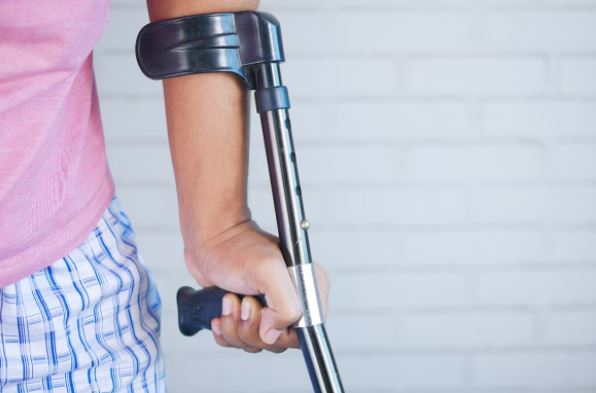Getting a personal injury settlement can be difficult if you don’t have the right knowledge, skills, and support. It is important to know your rights and see if the defendant has insurance to get a settlement. You might need medical treatment, which will put stress on your finances. You may be entitled to compensation for lost wages, pain, suffering, and more!
1. You Need An Attorney To Get A Settlement
Personal injury lawyers are there to help you. They know the right questions to ask, and they know how to handle negotiations for a settlement. If you don’t have an attorney, you’ll be given a case number that will have to be used when talking with insurance companies or filing any court documents. You also won’t know how long it will take to receive a settlement, about which you can read more at https://www.earlandearl.com/blog/how-long-insurance-company-pay-out-settlement/ because insurance companies tend to lead people on for as long as they can. If possible, you could negotiate yourself using your knowledge of personal injury law.
However, it is not recommended because if something goes wrong – like if you miss important deadlines or forget information – your claim might be denied or closed entirely. It may also prevent you from getting the full amount of compensation that is owed to you!
2. The Defendant Must-Have Insurance
You can’t get a settlement if the defendant has no insurance. This is where it gets complicated: some businesses, like corporations and small businesses, usually don’t have any personal assets – so you won’t be able to go after someone’s house or car to get your money. If there is nothing that you can sue for in court, then you can not get a settlement. However, this isn’t always true! Some companies may just appear as though they don’t have assets when they do. If a defendant doesn’t have insurance and is close to bankruptcy or going out of business, they may be willing to settle with you privately for a smaller amount – but make sure you speak with your attorney first before agreeing on anything.
3. Keep Accurate Records
It is important to keep accurate records when filing your injury suit. This includes everything from medical bills and lost wages documentation to any forms you send in or notes about phone calls made between yourself and the defendant’s insurer. You will need this information when it comes time for court or settlement negotiations! It can make a huge difference in how much compensation you get. If you do not have accurate records, it could invalidate your claim altogether.
4. You Can’t Receive Compensation For Anything Related To Your Injury
You can only receive money for what relates to your injury – this is called the “compensation cap.” The reason for this is that there are no set penalties or consequences that apply to all personal injury cases, so it makes scheduling a settlement hard! However, if a certain condition that you have is a result of your injury – like if you develop arthritis from a car accident – then it’s okay for it to affect your settlement.
5. The Insurance Company Can’t Resolve Your Claim Without Permission From You
Usually, insurance companies can settle claims without the help of an attorney or a court. However, this changes when there is a personal injury suit involved! In this case, the defendant’s insurance company will need prior permission from its client before they work out any sort of deal. This means that the defendant has to know about their insurance claim! If not, then they do not sign off on it and you could lose out on compensation. It’s important to note that this also applies to defendants who are not in good financial standing – they must permit before the insurance company starts negotiations!
6. Your Settlement Amount Can Always Be Reduced
While your settlement amount is determined by the severity of your injuries, it can always be reduced if you accept a lower settlement offer or let too much time pass between when your injury occurred and when you file your claim with the insurance company. This is why it’s important to get legal representation as soon as possible – because there may be standard limitations on how long after an accident you need to wait before filing a compensation claim.

You should always be aware of how much personal compensation you can receive. If someone has injured you, they should be held responsible for their actions – but only to the extent that your injuries were caused by them (meaning there are legally mandated limits). So, with these things in mind, make sure to speak with a lawyer and work out an acceptable settlement for yourself and your family.

